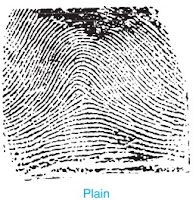Polystyrene: Definition, Preparation, Properties and Applications
What is Polystyrene ?
Polystyrene, also known as Polyvinyl benzene is hard, brilliantly transparent, stiff resin which is produced by the free radical addition polymerization of styrene in the presence of benzoyl peroxide. Polystyrene is non-biodegradable and widely used in the food-service industry as rigid trays, containers, disposable eating plates, bowls, etc.
Preparation of Polystyrene
Polystyrene is prepared by free radical addition polymerization of styrene in the presence of benzoyl peroxide as a catalyst.
Properties of Polystyrene
1. Polystyrene exists in an amorphous state due to the presence of bulky phenyl groups which makes packing of Polystyrene inefficient.
2. Polystyrene is non-polar having a melting point of 240 ℃.
3. Polystyrene is a transparent polymer having a good optical property that allows high transmission of all wavelengths.
4. Polystyrene is hard but brittle due to the chain-shifting effect of the benzene ring.
5. Polystyrene has good insulation properties. That's why it is used in making Polystyrene insulation products.
Applications of Polystyrene
1. Polystyrene is used in making 'throw away' drinking cups, soft drinks, and baby feeding bottles.
2. By adding color and filler, it can be used for making toys and household items.
3. When gas is blown into Polystyrene liquid, it foams and hardens to form styrofoam which is used for making ice chests and disposable coffee cups.
4. Polystyrene is also used as packing material for shipping instruments and appliances, and it is widely used for home insulation.
5. Medically it is used for sterilizing test tubes, diagnostic components, and other medical devices.




